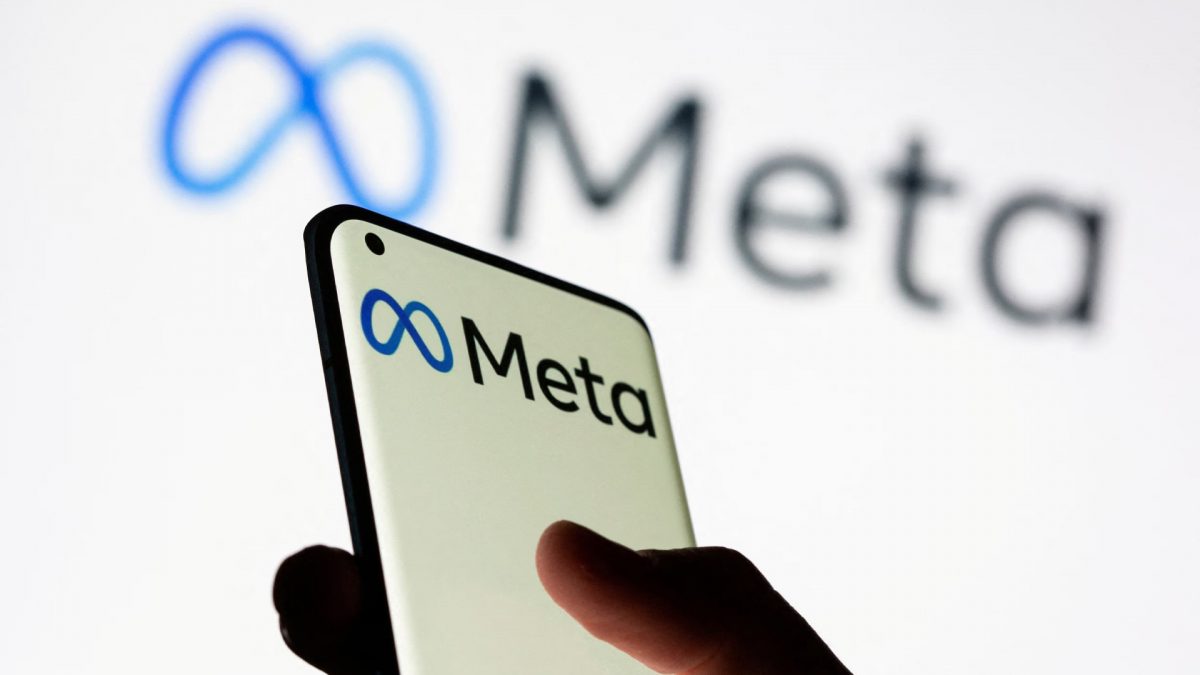Meta has announced plans to lay off about 5% of its workforce, focusing on employees who are deemed to be low performers. This decision is part of CEO Mark Zuckerberg’s broader strategy to streamline the company and improve its overall performance, following a challenging year. In an internal memo, Zuckerberg explained that the company is tightening its performance management process to move out underperforming employees more swiftly. He stated, “I’ve decided to raise the bar on performance management and move out low-performers faster."
The layoffs are part of a larger goal to achieve “non-regrettable attrition,” with Meta aiming to target roughly 10 per cent of employees in this category by the end of the current performance cycle. Employees who are let go will be provided with generous severance packages.
Meta’s restructuring strategy
This announcement is part of a larger restructuring effort at Meta, which began last year under what Zuckerberg called the “Year of Efficiency.” The company has been focusing on cutting costs, optimising teams, and improving profitability. Over the past year, Meta has already laid off thousands of employees as part of these efforts.
While the layoffs are seen as necessary for streamlining the business, they come amid significant shifts in the company’s policies, which have sparked considerable controversy both internally and externally.
Controversial policy shifts and internal backlash
Meta’s recent policy changes have drawn criticism, especially around content moderation. The company has relaxed its rules on posts that criticise immigrants, transgender people, and other politically sensitive topics. These changes were presented as a move toward “free expression,” but many employees have voiced concerns that the new approach could harm marginalized communities. Alongside these changes, Meta also ended its third-party fact-checking programme in the US, which has raised fears about the spread of misinformation on its platforms.
Moreover, Meta has made cuts to its diversity efforts, scaling back internal training and hiring programmes aimed at improving workforce representation. This has sparked further backlash from both employees and external critics, who feel that Meta is backpedalling on its commitment to inclusivity. Despite these cost-cutting measures, Meta continues to pour resources into its metaverse project and its Twitter competitor, Threads. However, both initiatives have faced challenges — while the metaverse has struggled with slow adoption and heavy financial losses, Threads has been unable to maintain user engagement after an initial burst of popularity.
Employee morale goes for a toss
With all these changes happening, employee morale at Meta is likely to be affected. Internal discussions have revealed frustration with the company’s shifting priorities, with many employees feeling that the latest moves do not align with the company’s original mission. Meta’s restructuring efforts, combined with these controversial policy shifts, have created a sense of uncertainty within the company.
As Meta works to realign itself for the future, balancing its ambitions with the expectations of its workforce will be a key challenge. The company’s next steps will likely shape its future trajectory, but how it navigates this period of transformation will determine the outcome for both its employees and its long-term success.


)

)
)
)
)
)
)
)
)



